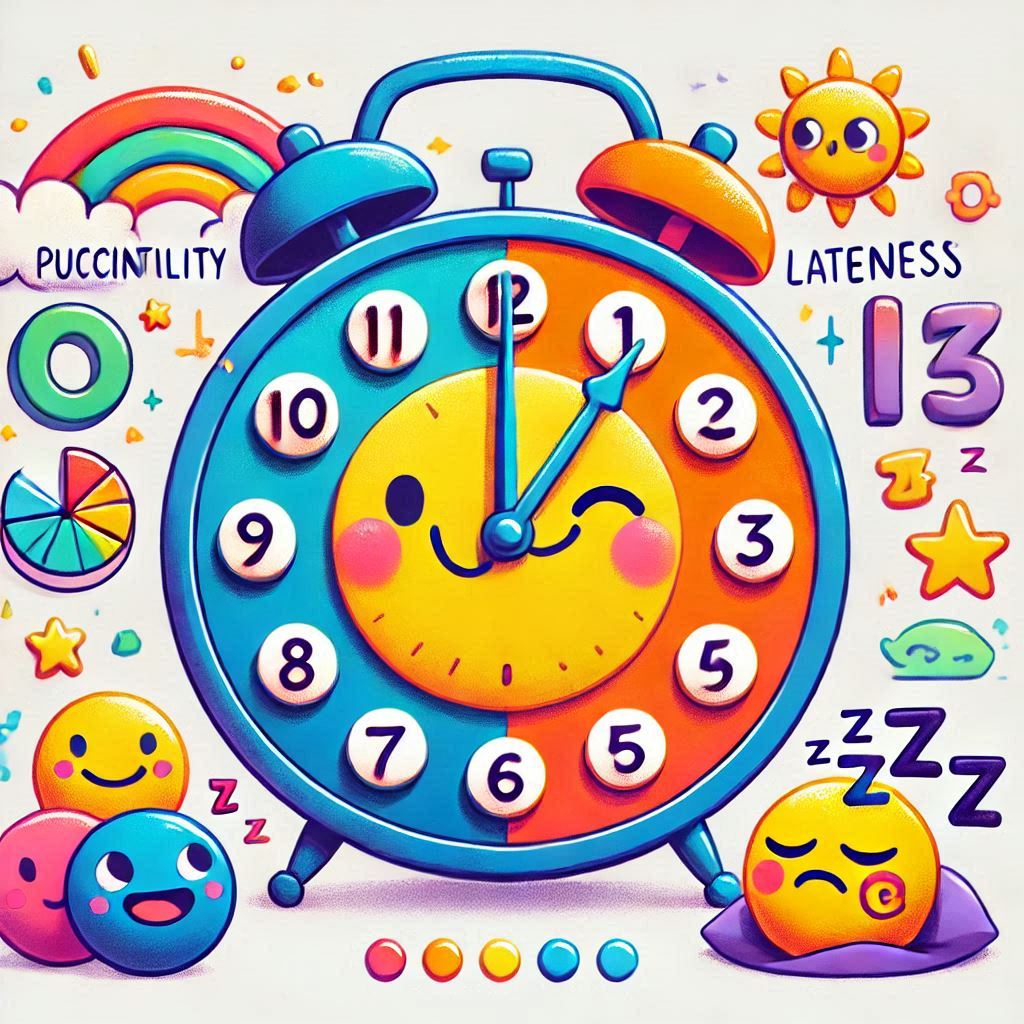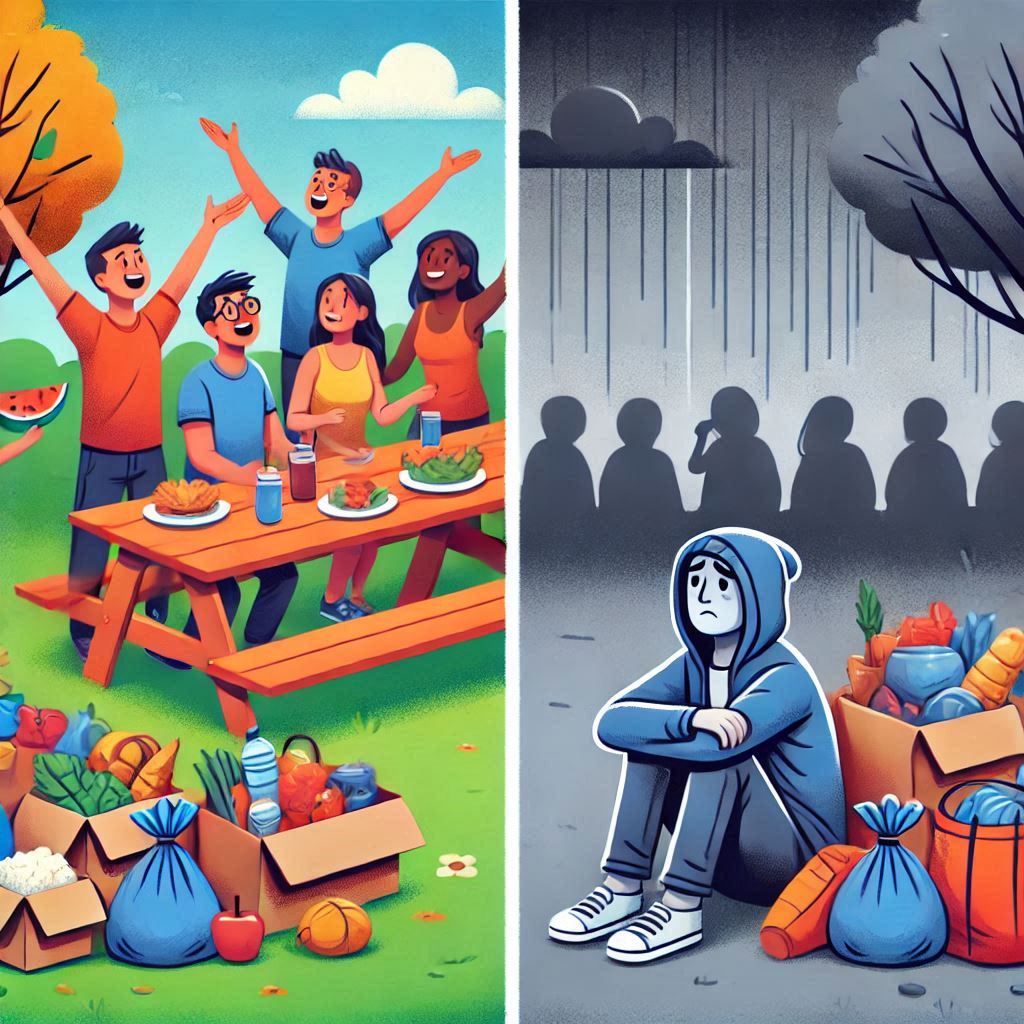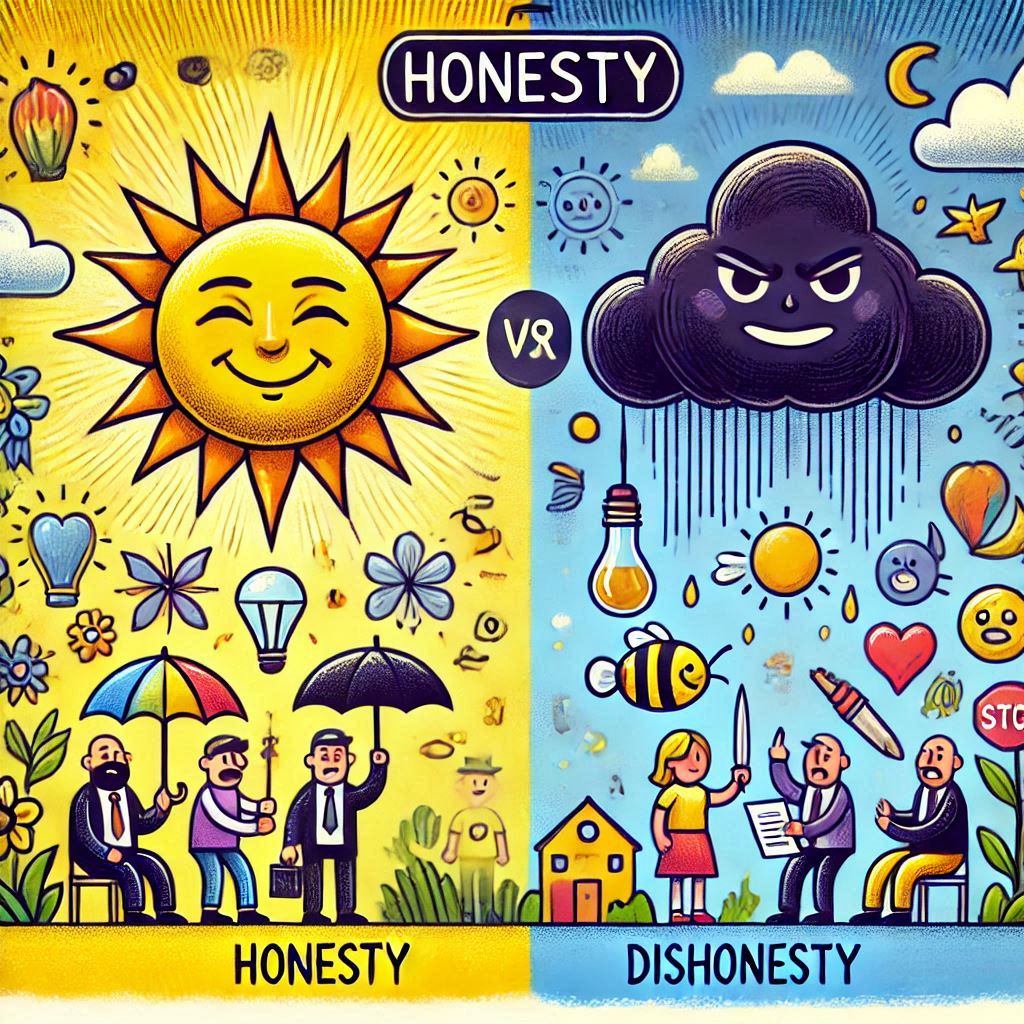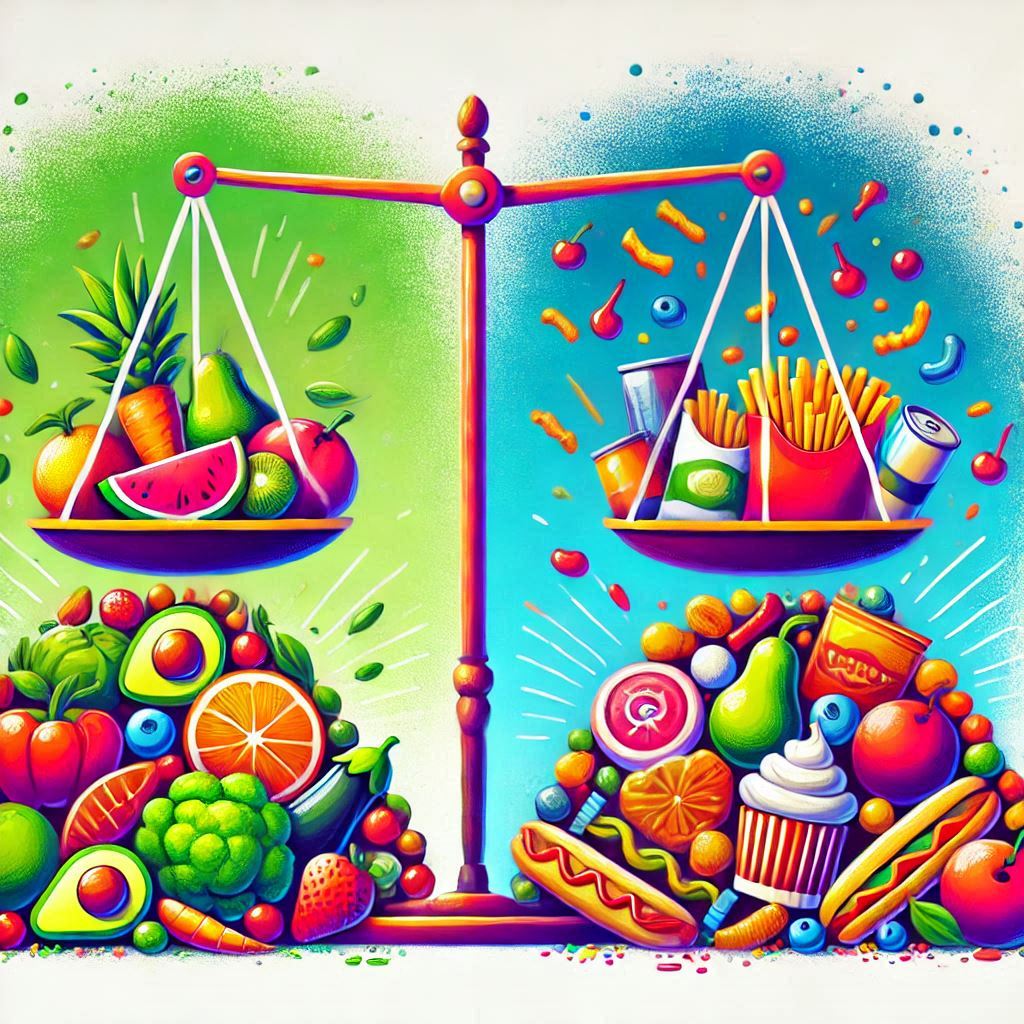Software programming is a beautiful art. It’s far more than copying, pasting, and running code as is common today. My journey with programming began with Assembly Language, followed by BASIC, C, C++, Java, Python, and JavaScript. Astonishingly, my son learned Python in his 6th standard! It’s rare to find Gen Z kids who aren’t familiar with programming—it’s almost as if they’re born with a third hand to hold a mobile phone.
My First Encounter with Code
The very first program I wrote was in Assembly Language. The task? To change the color of text. I had to set specific codes in the DX register and execute them. It took over an hour to understand how to achieve this and grasp how it worked. That day was magical—a miracle moment! It felt as if a new neuron had been born in my brain.
In the BASIC lab exam, solving the Fibonacci series question felt like moving a mountain. After two hours of relentless effort, I finally got the for loops and goto statements right. That success was immensely satisfying.
Diving Deeper into the World of Computers
As my learning progressed, I became fascinated with the inner workings of computers:
- How does a computer boot up?
- How are memory and processors interconnected?
- How does an operating system run new programs or handle crashes?
- What happens when the system reboots?
Understanding these concepts opened up a whole new world.
I learned about RAM (temporary memory), ROM (Read-Only Memory), floppy disks, and hard disks that store permanent information. One concept that particularly thrilled me was pointers in C language. The symbols *, &, and ->felt like chess moves—complex and thrilling, yet not easily understood during those days.
The Wonders of Object-Oriented Programming (OOP)
Object-Oriented Programming (OOP) was another monumental shift in my programming journey. Concepts like constructors, destructors, class variables, object variables, and inheritance were mind-boggling innovations. They transformed the way I thought about structuring code, making it scalable and efficient.
Programming Meets Spirituality
In recent years, I’ve noticed striking parallels between programming concepts and spiritual principles. For instance:
- Karma and its effects resemble memory allocation: some karma is like data stored in a hard disk for future use, while others are transient, like data in RAM that vanishes when the program ends.
- The user interface (UI) of a program is akin to our facial expressions—what the world sees.
- The background processes running in a system are like our heartbeat and internal functions, which keep us alive without our conscious awareness, connection between conscious, subconscious
These comparisons between software and spirituality have been fascinating and thought-provoking for me.
What Do You Think?
Programming is more than a skill or profession; it’s an art form that shapes the mind and challenges the soul. Do you see programming as just a technical skill, or do you relate it to life and deeper concepts too? Share your thoughts—I’d love to know!







